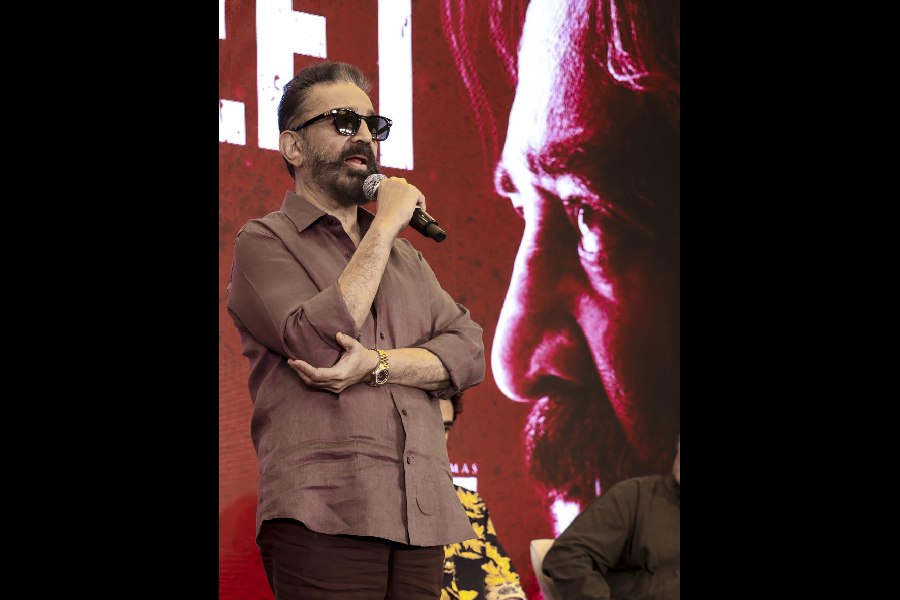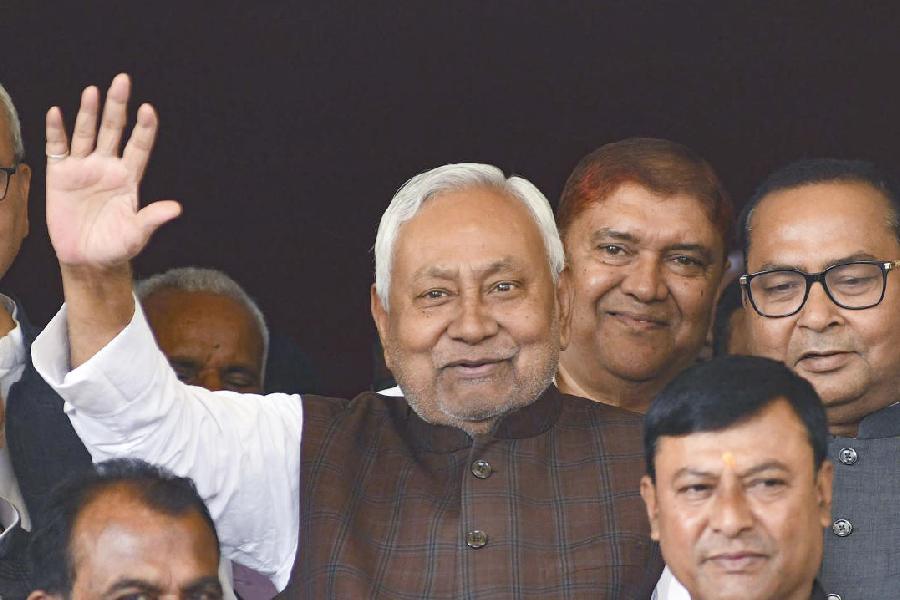The Supreme Court on Tuesday came down heavily on those attempting to stall the screening of Kamal Haasan’s Thug Life in Karnataka, saying “mobs and vigilante groups” can’t be allowed to take over the streets.
A bench of Justices Ujjal Bhuyan and Manmohan expressed strong disapproval of the state’s failure to ensure the rule of law and questioned Karnataka High Court’s order asking Haasan to tender an apology over his remark on the Kannada language.
“Rule of law demands that people can’t be put with a gun to their head and told that unless you resolve, we will not allow the release. The rule of law is important. The state has to ensure that the film must be released after it has got a CBFC (Central Board of Film Certification) clearance,” the bench told the counsel appearing for the Karnataka government before posting the matter to June 19, by when the state is expected to respond.
“This issue concerns the rule of law. We are the custodians of the rule of law. It’s not just about screening the film, but it’s much bigger than this,” the bench said.
The apex court also transferred to itself the case related to the movie pending before the high court.
Haasan had invited the wrath of Kannadigas after he remarked that Kannada language originated from Tamil during a promotional event for Thug Life at Chennai, prompting the Karnataka Film Chamber of Commerce and others to call for a ban on the film’s screening.
The film was released across the country on June 5.
The top court was hearing a plea filed by Mahesh Reddy challenging the ban on the movie in Karnataka.
The high court had strongly criticised Haasan for his remark and observed that a “single apology could have resolved the situation”.
The apex court on Tuesday said: “Why should the high court say that you apologise? It is not the business of the high court to ask for an apology from anybody just because he has expressed a view.”
“The rule of law must prevail. If somebody has made a statement, reply with a counterstatement. The rule of law demands that after the film is cleared by the CBFC, it must be allowed for release,” it added.
The apex court said the choice of viewing the film should be left to the people. It remarked that Karnataka was an “enlightened state”, and the bench was sure that it would allow the rule of law to prevail.










